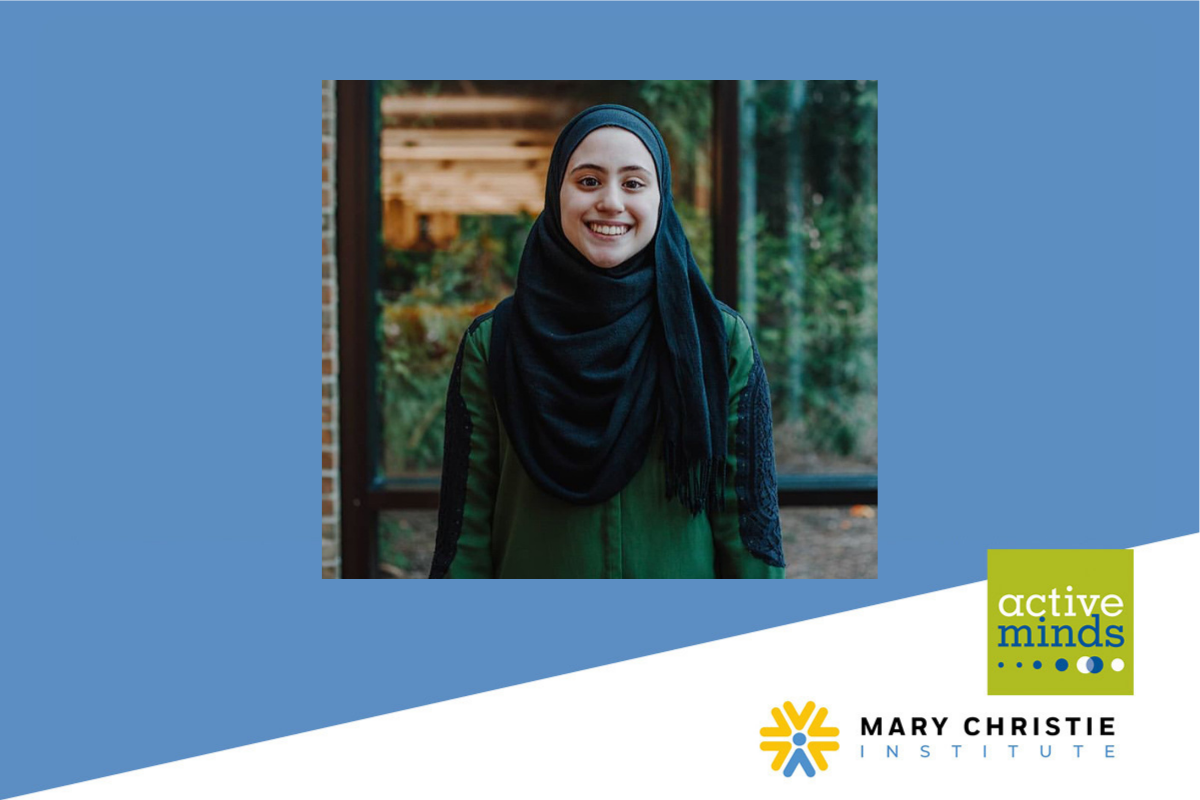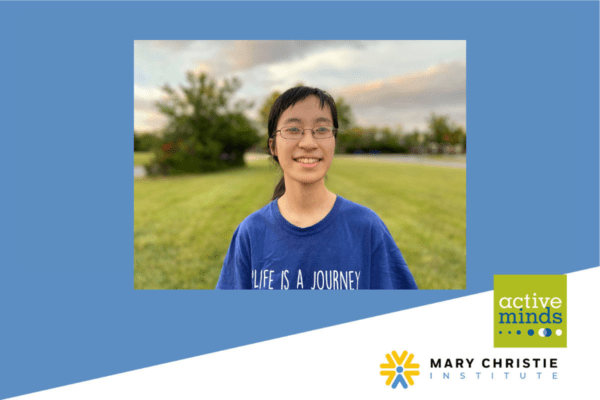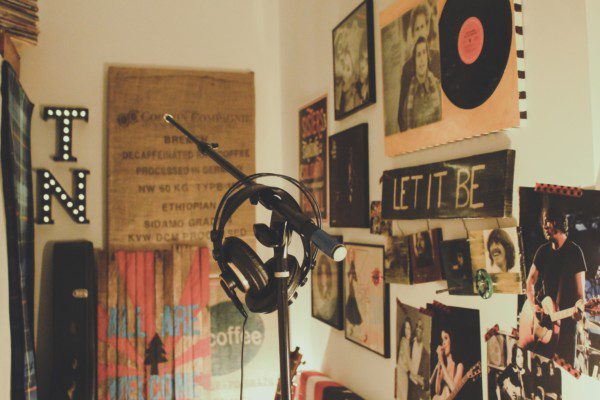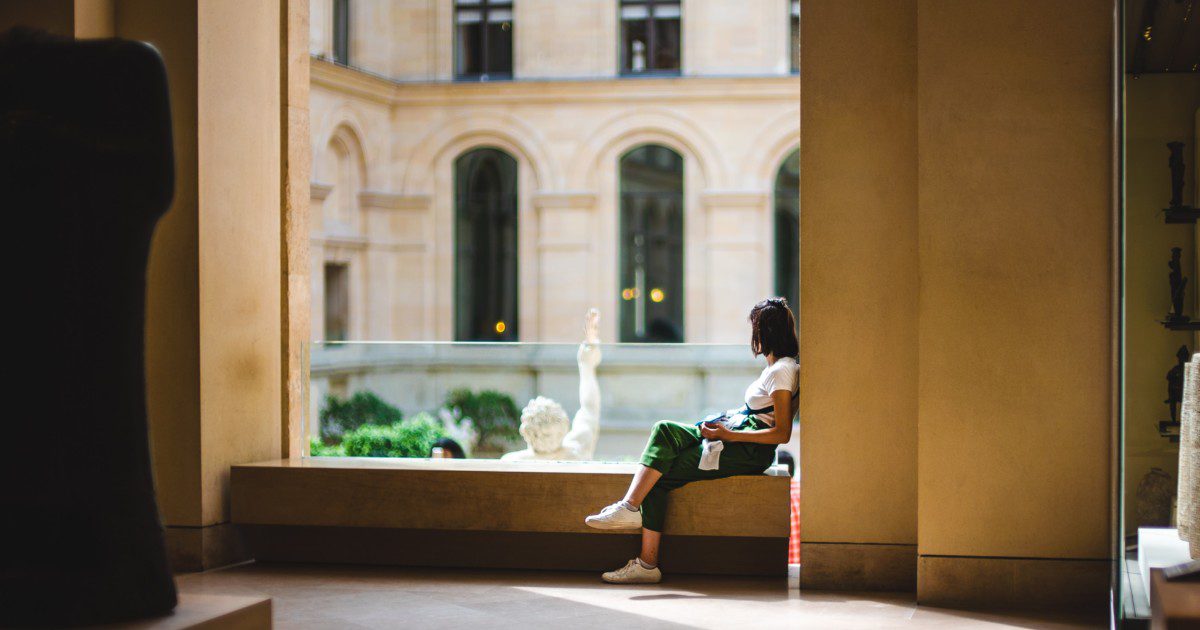It was August 2020, and we were five months into quarantine, which meant five months away from campus, and five months of the absent hustle of student organizing. Like many others, quarantine had brought me two main things: stillness and time to reflect.
During the months prior, I had many questions – questions that I had subtly ignored and stored at the back of my mind. My busy schedule had not allowed me to fully confront them. These questions were centered on progressive organizing and faith: what narratives and ideologies were right or wrong, how they intertwined, and how to navigate both worlds without contradiction. The quieter my surroundings got, the louder the questions became. Not knowing where to look for answers, I reached out to a friend – someone who had been a long-time advisor – and the conversation with her was the turning point of not only my work, but my heart and soul.
It was a simple piece of advice, and a sentiment that I had been telling other students for years in my mental health work. “Focus on yourself,” she said. “Invest in yourself. It is better to put in the [inner] work now, as opposed to when you are forty and tired.” I guess somewhere along the line, I had forgotten that – or rather, I had replaced my needs with the perceived needs of others.
Justice is the one value that consistently came up, and still comes up, for me, in my organizing work. When I thought about this value, I thought about it within the context of equity and inclusion. Justice, to me, was both abstract and concrete. Abstractly, I envisioned a utopian society that did not yet exist. Concretely, I envisioned the implementation of progressive ideologies with little consideration of whether or not these implementations would truly create a just society.
In an endless pool of opinions pertaining to various social justice topics, I had adopted certain opinions as truth. As someone who values objectivity, taking the opinions from academics, organizers, and social media infographics as truth was the recipe for not knowing what to truly believe. Perhaps it was my way of fitting in within the communities that I belonged to, and attempting to understand the world. Today, I call it a form of abandoning myself.
As a campus organizer, I longed for mentorship and guidance. Out of desperation, I took social media platforms and former campus student organizers as my guides. I did not truly question the methods that they used; rather, I let popular opinion speak for itself. And as a result, I became indiscriminate in my own opinion. From calling out administration in Student Government, to publicly calling out my peers, in-person and on social media, in light of disagreement and perceived personal hurt, my progressivism had become regressive. While this behavior was surprisingly appreciated by some, it was detested by others; and in some ways, rightfully so.
My experience with progressive organizing taught me many things; some powerful and positive and others less so. One of the negative manifestations for me was it taught me to seek out the faults of others, while, in hindsight, I began ignoring my own. It had also made me feel like I had to do everything: to solve the entire world’s problems; or I wasn’t doing enough, and I was “the problem.” This wasn’t the lifestyle that I wanted to live. It was the antithesis to how I wanted to show up for myself and others.
As someone who values objectivity, taking the opinions from academics, organizers, and social media infographics as truth was the recipe for not knowing what to truly believe.
Through listening and learning, I began to shift my thinking in light of organizing, politics, and social justice. I became more aware of my own behavior, which led me down a path of interrogating my childhood, and how I was showing up in the world, as a result of it.
During these first five months in quarantine, I reflected on all of the projects that I had taken on throughout my college career thus far. And I asked myself questions, such as: Why did I do all of the work that I have done? Why did I feel the need to do everything at once? To be everywhere at once? Was it really because I have “so many interests,” as I have always told myself, or was something else going on?
Through diving deeper into my ‘why,’ and putting my brief understanding of psychology into practice, I came to realize two things.
First, it was possible that I was putting too much on my plate as a means of filling an inner void, perhaps originating from childhood. If we’re being honest, many of our wounds stem from childhood. By being involved in various initiatives and communities, it gave me the illusion that I was creating long-term sustainable change. And to think that this change was happening partly because of my efforts was very rewarding for me. This also meant that working this hard was not necessarily because I had the time to do so, or because I felt truly aligned and inspired, but because I was traumatized. I used work as an outlet. I wanted to matter.
Secondly, from my psychological studies, I remembered my understanding of the ego: that the ego, in order to survive, establishes and re-establishes itself, constantly. For example, I identified as an organizer – it’s something that I held onto very strongly. So, for every project that I took on, I would then re-establish and re-root myself in that identity. It gave me purpose, and a sense of control in how I viewed myself, and how others viewed me.
While these dynamics play out differently in different people, for me, they contributed to me losing my way. Rather than paying attention to what my heart and soul truly needed, I became a machine that was constantly outputting, without analyzing my output, or pausing to invest in my input.
I used work as an outlet. I wanted to matter.
My friend had given me advice about investing in myself, in my spiritual health and the other health domains that followed, which was coupled with a fundamental statement that put all of my previous questions into context. It stuck with me clearly. She said, “If you’re questioning it (your work), God wants something better for you.”
Those four hours in the coffee shop were transformative for me and a reminder of the power of one simple gesture – an invitation to an in-person conversation. During that conversation, we tackled social justice topics from an Islamic perspective, assessed progressive arguments and their frameworks, and I then realigned my heart with what it was searching for: objective truth and reality as a foundational place of knowledge. I am not abandoning my social activism, nor am I denouncing the causes for which I worked so tirelessly. I am simply moving forward with the knowledge that what I choose to stand for reflects who I am; and not the other way around.




